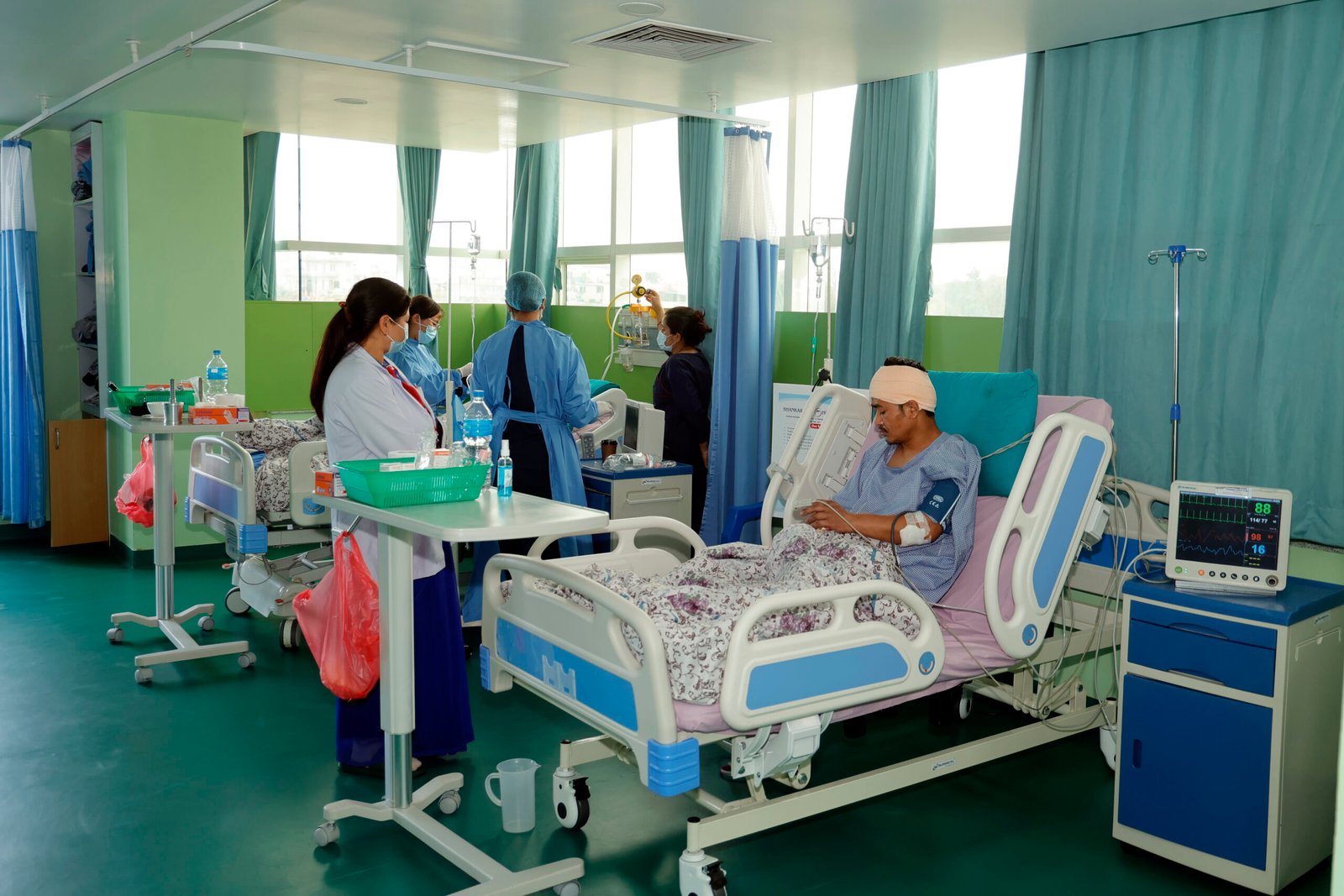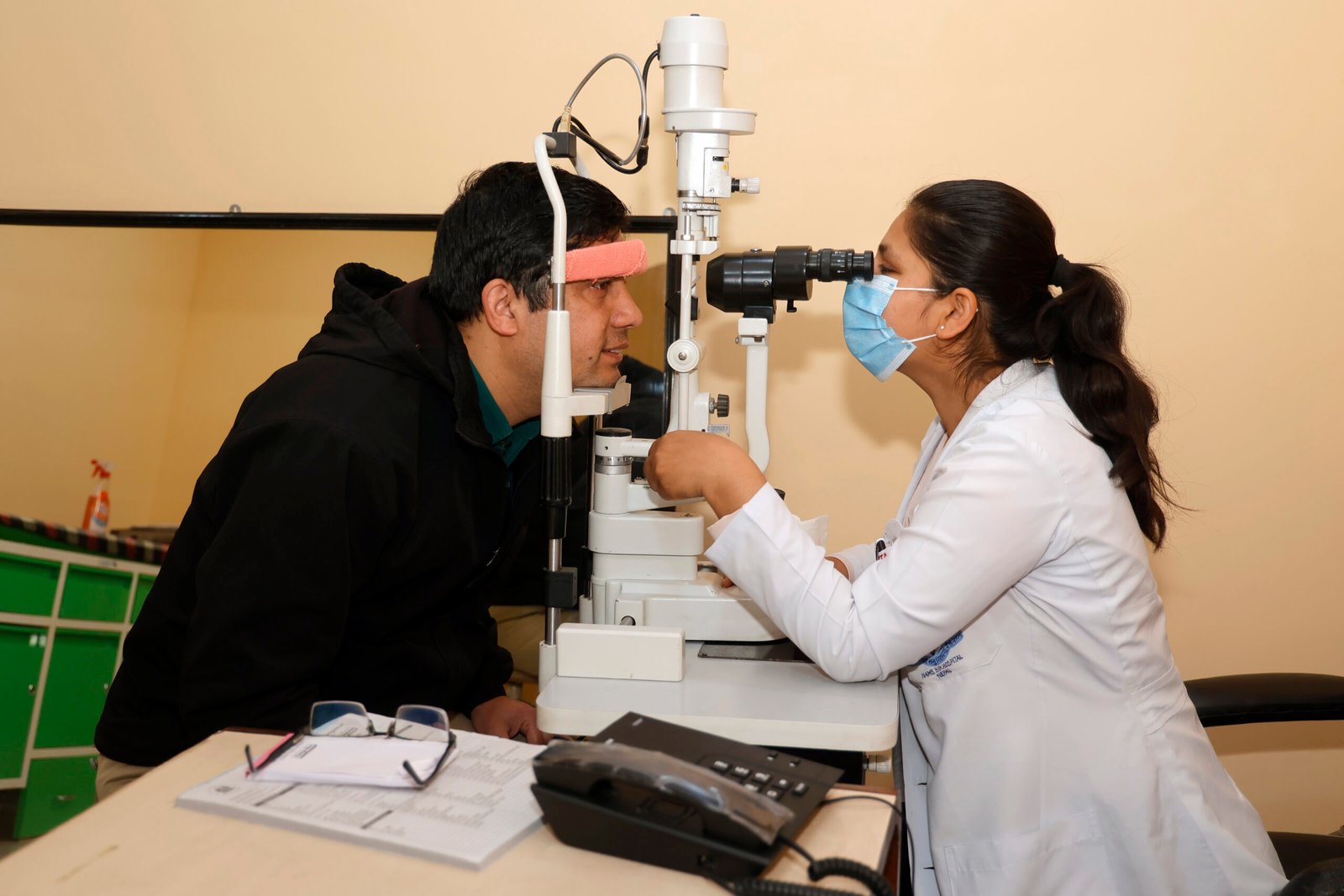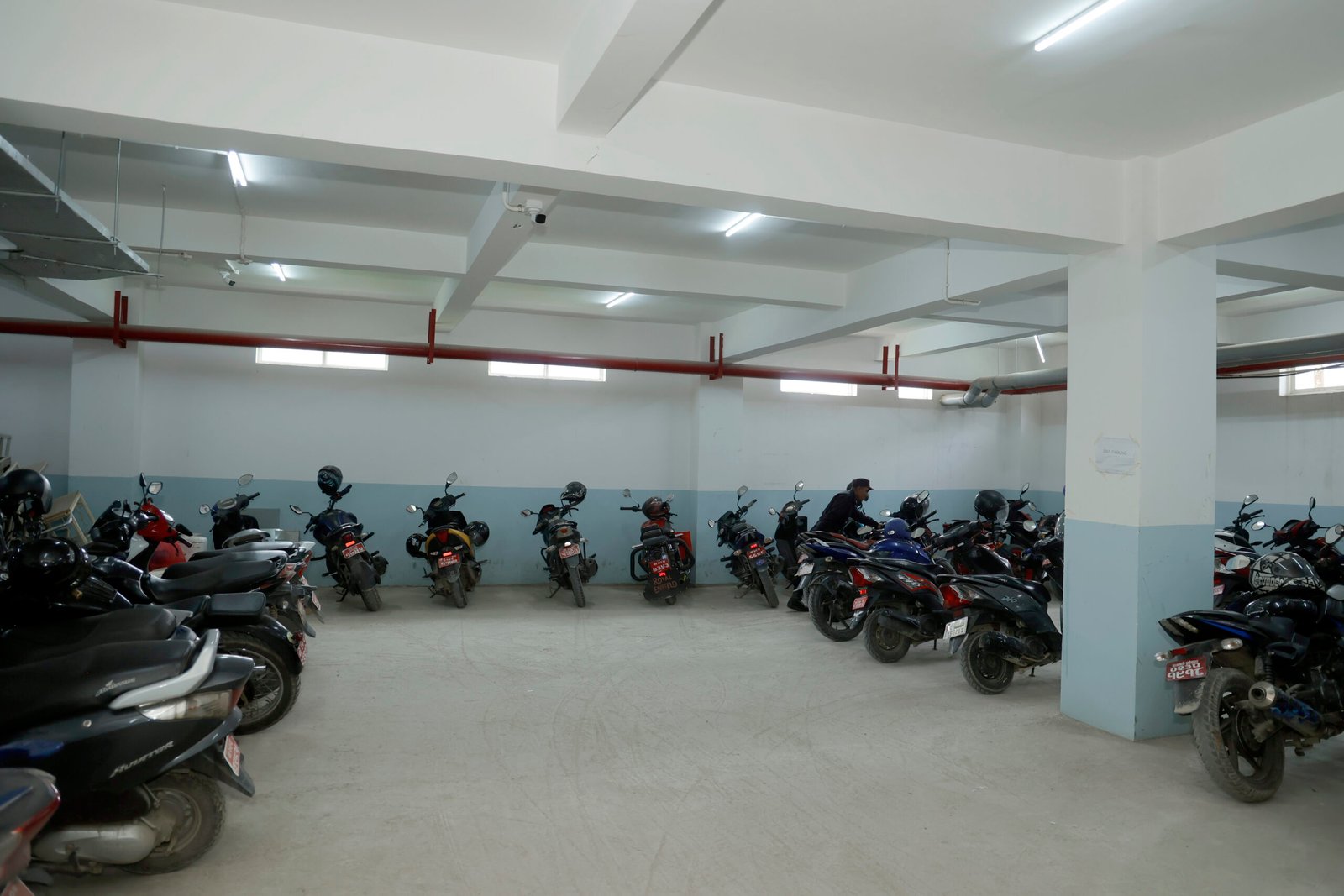Prostate enlargement, also known as benign prostatic hyperplasia (BPH), is a condition that many men experience, particularly as they age. In Nepal, it’s crucial for men to understand the importance of early diagnosis and treatment for prostate enlargement. Consulting a skilled urologist can help manage symptoms and improve quality of life. This blog provides a comprehensive overview of prostate enlargement, its symptoms, and the role of a urologist in treating this condition, with a special focus on the care available at Stupa Community Hospital.
What is Prostate Enlargement?
Prostate enlargement is a common condition where the prostate gland, located below the bladder, increases in size. As men age, the likelihood of developing prostate enlargement rises, particularly after the age of 50. Prostate enlargement can lead to uncomfortable urinary symptoms because the enlarged prostate presses against the urethra, obstructing the normal flow of urine.
Men experiencing prostate enlargement may notice a variety of symptoms that indicate the need for a visit to a urologist. Recognizing these symptoms early can prevent complications and improve treatment outcomes.
Symptoms of Prostate Enlargement
Understanding the symptoms of prostate enlargement is crucial for men in Nepal. Common symptoms associated with prostate enlargement include:
- Frequent urination: A frequent need to urinate, especially at night, is a common sign of prostate enlargement.
- Difficulty starting urination: Men with prostate enlargement often find it hard to initiate urination, even when they feel the urge.
- Weak urine stream: A weak or interrupted urine stream can indicate prostate enlargement.
- Incomplete bladder emptying: Feeling like your bladder isn’t fully empty after urination is a typical symptom of prostate enlargement.
- Urgency to urinate: A sudden, strong urge to urinate can be a sign of prostate enlargement.
If you experience any of these symptoms, it’s essential to consult a urologist. A urologist specializes in diagnosing and treating conditions related to prostate enlargement and can provide the most effective treatment options.
Causes and Risk Factors of Prostate Enlargement
Prostate enlargement is primarily associated with aging, but several factors can increase the risk. The role of a urologist is to help you understand these risk factors and manage them effectively.
Key factors include:
- Aging: The risk of prostate enlargement increases significantly after age 50.
- Hormonal changes: Shifts in male hormones, especially testosterone and dihydrotestosterone (DHT), play a role in prostate enlargement.
- Family history: A family history of prostate issues can increase the likelihood of prostate enlargement.
- Lifestyle factors: Obesity, lack of physical activity, and chronic conditions like diabetes are linked to a higher risk of prostate enlargement.
Diagnosis and Treatment by a Urologist
When dealing with prostate enlargement, consulting a urologist is crucial for accurate diagnosis and effective treatment. At Stupa Community Hospital in Nepal, experienced urologists use advanced diagnostic tools to assess the extent of prostate enlargement. Common diagnostic methods include:
- Digital Rectal Exam (DRE): A physical exam where a urologist checks the size of the prostate.
- Prostate-Specific Antigen (PSA) Test: A blood test that measures PSA levels, which can be elevated in cases of prostate enlargement.
- Ultrasound or Imaging: These tools help the urologist evaluate the prostate size and rule out other conditions.
Once prostate enlargement is diagnosed, a urologist will discuss the best treatment options, which may include:
- Lifestyle Modifications: A urologist may recommend dietary changes, increased physical activity, and other lifestyle adjustments to manage mild symptoms of prostate enlargement.
- Medications: Urologists often prescribe medications like alpha-blockers and 5-alpha-reductase inhibitors to relieve symptoms by relaxing the prostate muscles or shrinking the gland.
- Minimally Invasive Procedures: In cases of severe prostate enlargement, a urologist may recommend procedures like transurethral resection of the prostate (TURP) or laser therapy to remove excess prostate tissue.
- Surgery: For extreme cases of prostate enlargement, a urologist may perform surgery to alleviate symptoms and prevent complications.
Why Choose Stupa Community Hospital for Prostate Enlargement?
Stupa Community Hospital in Nepal is recognized for its expert urologists and comprehensive care for prostate enlargement. The hospital is equipped with the latest technology and a team of skilled urologists dedicated to providing high-quality care for men with prostate enlargement. Whether you need routine monitoring or advanced surgical treatment, the urologists at Stupa Community Hospital are committed to helping you manage prostate enlargement effectively.
Conclusion
Prostate enlargement is a condition that can significantly impact a man’s quality of life, but with the help of an experienced urologist, it is manageable. Men in Nepal who are experiencing symptoms of prostate enlargement should seek the expertise of a urologist to ensure proper diagnosis and treatment. Stupa Community Hospital offers specialized care for prostate enlargement, with a focus on improving the health and well-being of its patients.












